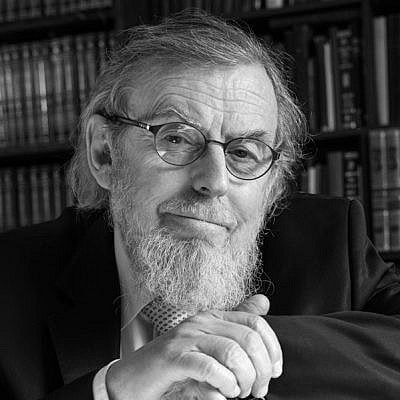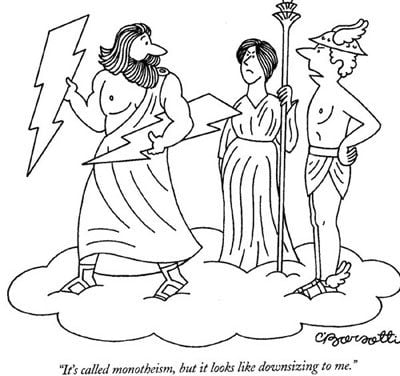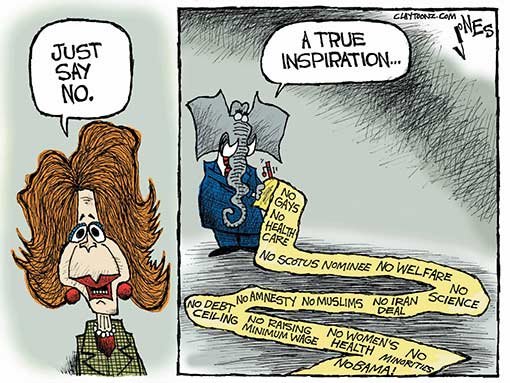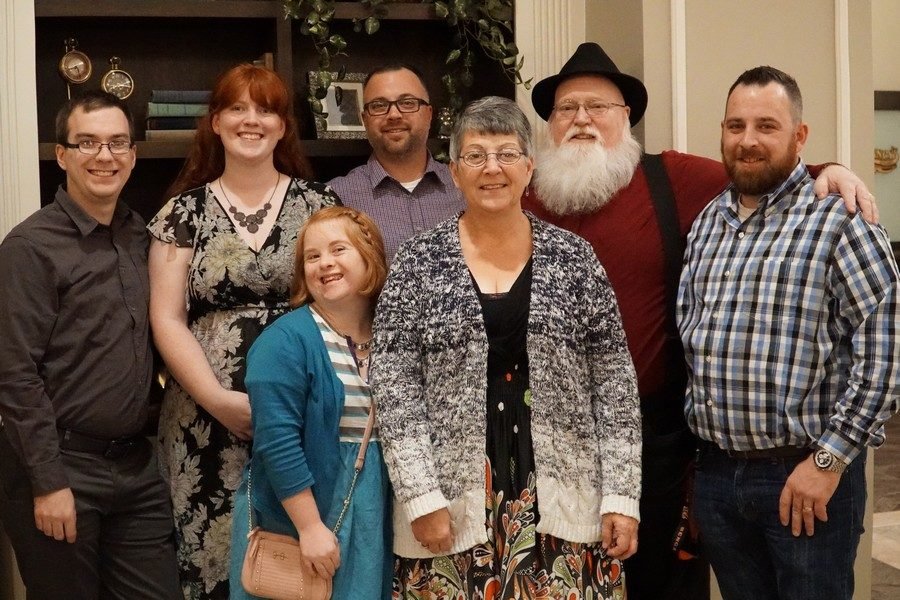
This article was first published in 2012 on the blog No Longer Quivering. Corrected, revised, and updated.
Seventeen years have passed since I preached my last sermon and Polly was called the “pastor’s wife.” Almost fourteen years have passed since we determined to stop attending church. Now we are “unchurched”, casualties of a lifetime spent in Evangelical Christianity. Worse yet, at least according to our critics, we are now, as atheists, enemies of Christ and his church.
You see, we not only left the Church, we left Jesus. Regardless of how some Christians try to parse our lives through their peculiar theological system, we are two people who once were devoted, committed followers of Jesus. We were saved and now we are lost.
Some people leave Evangelicalism, with its attendant Fundamentalist beliefs and code of living, and try to remake their lives according to a kinder, gentler view of God, the Bible, and their fellow humans. I view this as remodeling a house where the foundation and the basic framework remain the same. What’s changed is the siding and the paint on the interior walls, but everything else is still the same.
Many people leave Evangelicalism and join progressive or liberal Christian churches. They gain new labels for themselves, but, again, the foundation of their faith remains the same. Polly and I decided that we were not willing to slap some new siding on the house and remodel the interior. Instead, we burnt the house to the ground, hauled the debris away, and started over.
Now I say we started over, but I recognize that since we think and remember, there really is no such thing as starting over with a blank slate. Deep in our minds are memories from fifty years spent in the Christian church and twenty-five years spent in the pastorate. These things will forever be with us. The good, bad, and indifferent; the wonderful experiences, and the painful, hurtful experiences too. We are the sum of what we have learned and experienced in the past. While we like to think we KNOW where we will be months or years from now, the truth is we really don’t know what the future may bring or how our lives will be.
If someone told me fifteen years ago that Polly and I would be godless heathens, I would have suggested they seek immediate psychiatric help. As far as Christians go, and as far as Christian pastors and their wives go, Bruce and Polly Gerencser were as devoted and committed as any Christian or ministry couple. Yet, here we are, numbered among the godless, the most despised people in America.
When we decided to start over, we knew that we were going to have to confront many personal and marital issues. Wiping the slate clean forced us to look at what we really believed about most everything. At times, the process made us fearful. What if we decided that we didn’t want to married to each other? Free to think and reason and to decide for ourselves what our moral and ethical foundation was, there was a real danger that this process could lead us apart.
Of great concern was how our children would view the new, and hopefully improved, Mom and Dad. They only knew us as parents who were 100% committed to Jesus and the church. They only knew us as strict, not sparing the rod, homeschooling parents. I can only imagine how great a struggle it was for them as they watched their parents not only leave all they ever knew, but repudiate it and embrace a godless worldview.
Former friends, parishioners, and fellow pastors reacted with horror and anger over our leaving the Christian faith. We have been accused of all sorts of things as our Evangelical past has been dissected, discredited, and discarded. We spent a lifetime building relationships with people, and it only took saying, I don’t believe, or I am an atheist, for all of those relationships to go up in smoke. We paid a huge price for being honest and open about the journey we are on.
Over the past fourteen years, we have slowly built our new home. Our marriage not only survived, but it has thrived. Nirvana, it is not. We still fuss and fight. We still have personality quirks that drive each other crazy. But, at the same time, we are far more accepting and loving, not only towards each other, but towards humans in general.
Our lives are very different these days. My continued physical debility has radically changed how we live, how we earn a living, and what we can and can’t do. Since our “sin” list now fits on a 3×5 card, we are free to do many things and go many places that were verboten in our previous life. We are free to dance, drink, and party, even though we very rarely do so. It is liberating to enjoy life without having to wonder what God, the church, or our Christian friends think. We’ve met new friends, mostly through this blog and social media, who allow us the space and freedom to be who and what we really are.
Some Christians are likely to suggest that we left Christianity because we wanted the freedom to live however we wanted. Some might even suggest that we had a secret desire to sin, to live immorally and that’s the REAL reason we left Christianity. To some degree, they are correct. We now love “sinning.” 🙂 However, we ultimately left Christianity for intellectual reasons. We came to the conclusion that the claims of Christianity were not true and the Bible was not in any way a divine, God-inspired book. We came to see that our lives had been built upon a foundation that was not true. Once the Bible was removed from the discussion, we were free to chart our own course; free to determine for ourselves what is moral and ethical; free to experience things and go places that were considered sinful for most of our lives.
Some readers, thinking we threw the baby out with the bathwater, will say, But Bruce, you were a Fundamentalist Baptist. Everyone knows how legalistic, how narrow-minded Fundamentalist Baptists are. This claim might have some merit IF we had remained Fundamentalist Baptists over the course of twenty-five years in the ministry. But, we didn’t. By the time I pastored my last church in 2003, I was a social-gospel-progressive-Sojourner-loving-emergent-church-friendly-Democratic-pastor. Many of my pastor friends labeled me a l-i-b-e-r-a-l.
The process that led us to where we are today began in the 1990s. Fundamentalists tend to view things in a black and white manner. Saved/Lost. In/Out. Heaven/Hell. God/Satan. They remember the date/time/place God saved them, and when people who think like this read that we are now atheists, they, judging us through their own experiences, think we had some instantaneous experience where we went from saved back to lost.
That’s not how it worked for us. It was, and remains, a process. We fully expect that the process will continue until we die. We expect our journey will have many bumps, crooks, turns, and reversals. We have no doubt there will be times when we part ways and walk different paths from each other. That’s okay. We are free to be who we want to be. We are free to follow the path wherever it leads. No more thundering sermons telling us NO. No more living a life where the Bible is the compass and guide.
This does not mean that life is now easier for us. If anything, it is harder. When the Bible was the standard by which all things were judged, we didn’t have to think as much. Just Obey. As the old song goes, Trust and Obey, for there’s no other way to be happy in Jesus, but to Trust and Obey. Now we are forced to recognize that life is filled with gray and ambiguity and that sometimes there is no right or wrong answer. We have learned to be indifferent towards many things.
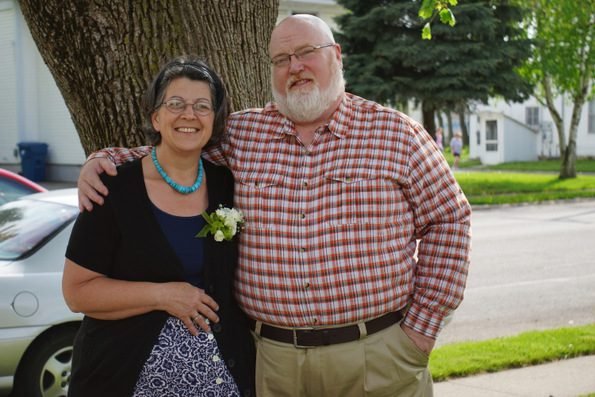
This is how we have chosen to live our lives. We are happy and our love for one another endures. Our children have embraced the new Mom and Dad, even though some of them might question the path we are on. Each of our six children has charted their own course through life. None of them is Evangelical. To many people, our children are a huge disappointment, and Polly and I will answer to God for what we have done to our family. We, however, are proud of our children, proud of the lives they have chosen for themselves.
Polly and I are grateful that we have been given the opportunity to start again. We are cognizant of the fact that our story could have had a bad ending. But, it didn’t and we hope this new lease on life will be one we do not squander. We hope that our best days lie ahead.
Bruce Gerencser, 68, lives in rural Northwest Ohio with his wife of 47 years. He and his wife have six grown children and sixteen grandchildren. Bruce pastored Evangelical churches for twenty-five years in Ohio, Texas, and Michigan. Bruce left the ministry in 2005, and in 2008 he left Christianity. Bruce is now a humanist and an atheist.
Your comments are welcome and appreciated. All first-time comments are moderated. Please read the commenting rules before commenting.
You can email Bruce via the Contact Form.

